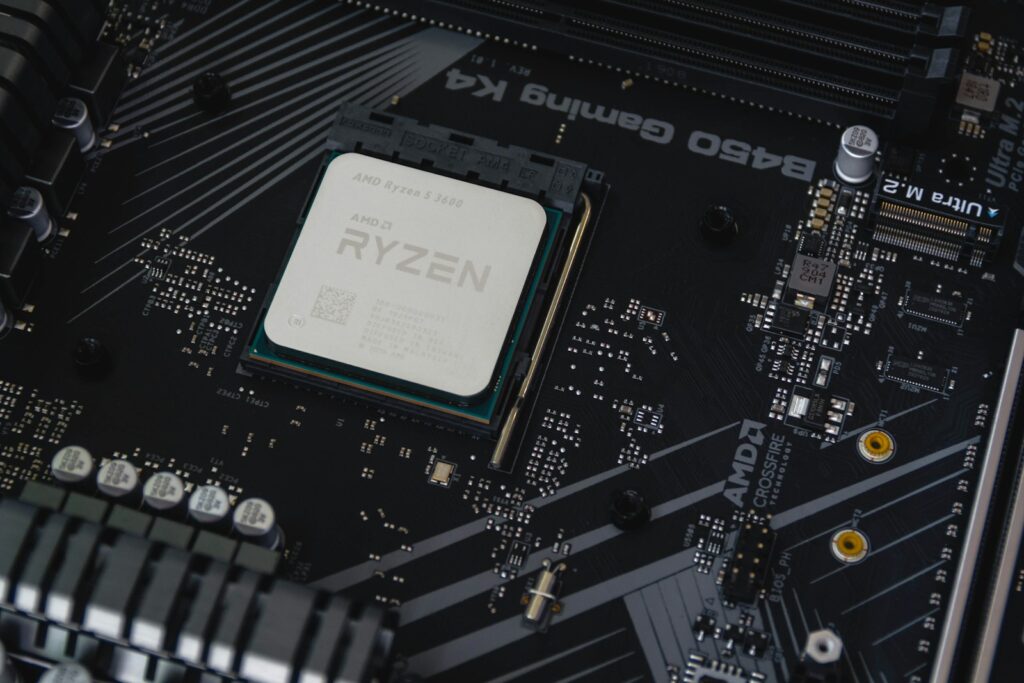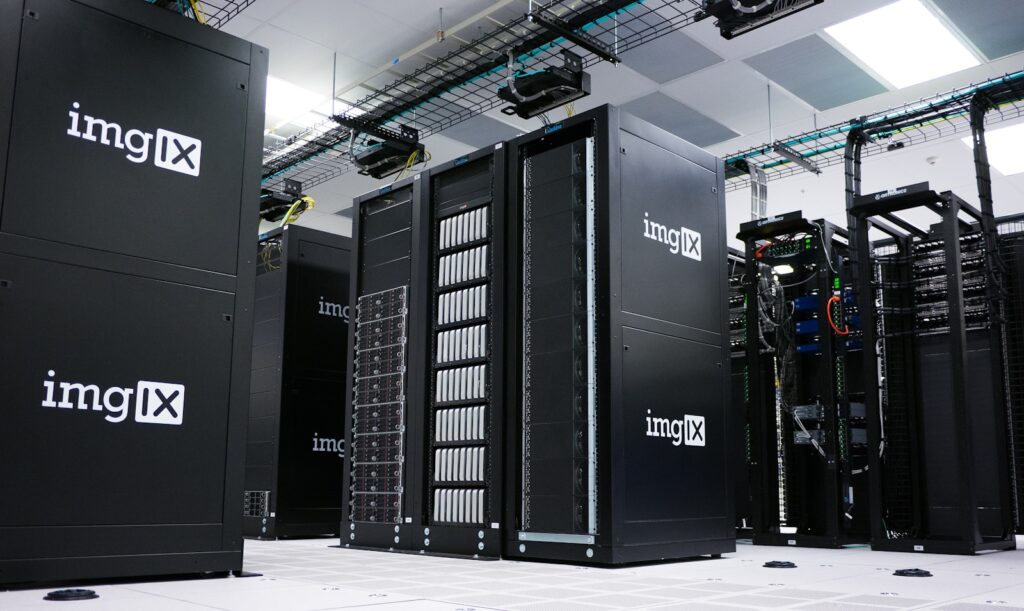One of the most exciting developments in technology that’s coming in 2025 is quantum computing. Chances are you’ve heard the term before—but what exactly is quantum computing? And why do so many people—from scientists to CEOs—keep talking about it?
Quantum computing isn’t just an upgrade to your current computer; it’s a completely new way of solving problems. Unlike traditional computers that use bits (0s and 1s), quantum computers use qubits, which can represent multiple states at once. This allows them to handle much more complex problems far faster than even the most powerful computers we have today.
Right now, even major companies and governments are investing in quantum research. Google, IBM, small tech start-ups, and universities are all racing to be part of this next big leap. While most of us don’t have quantum computers at home just yet, the breakthroughs happening today could soon impact everything—from healthcare, to banking, to education.
This isn’t just another buzzword—it’s a true paradigm shift that could reshape the future of technology. And it might affect your daily life sooner than you expect.
How Quantum Computing Works
To appreciate what this means, you need to have a basic sense of how quantum computing is unique. Do not worry—you do not need a degree in science for this.
Regular computers store data in the form of bits—each bit is either a 0 or a 1. Everything your phone or computer does is a result of flipping those bits on and off in smart ways. But quantum computers are made up of qubits. A qubit can be both a 0 and a 1 at the same time, because of a special property called “superposition.”
What does this mean? It means a quantum computer can look at many possible answers simultaneously. Like reading every page of a book at the same time instead of reading page by page.
Quantum computers can also use a phenomenon called “entanglement,” which is a process that allows qubits to share information with one another to solve a problem regardless of the distance separating them. Together, this all enables them to solve problems more quickly and efficiently than any regular system could.
These unique capabilities make quantum computing unbeatable when it comes to finding solutions to big, hard problems that regular systems struggle with—like climate modeling, medical research, and even inventing ways to better secure online transactions.
Why Quantum Computing Matters for Everyday People
You are probably asking, “Okay cool, but how does this affect me?” The point is, quantum computers aren’t going to replace your phone or laptop, but they might improve the services you use every day.
Here are some real-life applications/practices where quantum computing is already in use—or will be in use soon:
- Healthcare
Quantum computing can help scientists identify and develop new drugs much faster than conventional methods. It can also help doctors understand how diseases spread, how they work at the molecular level (beyond just clinical effects on genes), and how complex interactions in the body affect health. Eventually, quantum could lead to better treatments—and even cures—for diseases that remain difficult to treat today. - Finance
Banks and investment firms are already using early-stage quantum systems to improve fraud detection, manage risk, and make more accurate predictions about stock market trends—far beyond what traditional methods can do. These improvements could lead to better security and smarter financial services for everyday consumers. - Weather and Climate
Weather forecasting is famously tricky, but quantum computers can process huge amounts of data at once. Experts are already using this to better understand weather patterns and climate change. With more accurate predictions, scientists may be able to respond more effectively to environmental challenges. - Cybersecurity
Quantum computing has the power to both strengthen and break encryption. Right now, cybersecurity experts around the world are racing to create “quantum-safe” security systems. These new standards will be essential for protecting sensitive data in the future, using encryption and protocols strong enough to stand up to quantum-level attacks—even in the case of a breach or exposure.
The Global Race for Quantum Power
An international competition is underway to become the leader in quantum computing, and it’s being called a “technology arms race”—and it’s heating up.
Two countries, the US and China, are among the global leaders, at least in dollars spent on Research and Development (R&D), while other nations like Germany, Canada, and India are also pouring billions into quantum R&D. Large tech companies are collaborating with national labs and universities to accelerate the technology.
Competition is spurring innovation at an unprecedented rate. There seems to be a new breakthrough almost every month. The last year alone has seen progress toward building more stable and reliable quantum systems.
Progress is good, but with it comes responsibility. Governments and corporations must also consider the ethical implications of such a powerful technology—like who controls it, who gets access to it, and how it will be used for good instead of harm.
These are some of the key questions the world must address as quantum computing becomes increasingly involved in the foundational decision-making of our everyday lives.
Challenges That Still Remain
The world of quantum computing is moving fast, but some major challenges remain. Quantum computers are extremely sensitive. Even small fluctuations in temperature or vibration can affect calculations, and keeping them stable requires careful maintenance and high costs.
In addition, we have not yet built a full-scale quantum computer that can outperform all classical machines in everyday tasks. Scientists are still figuring out how to construct, scale, and program these systems effectively.
Another big obstacle is the shortage of trained professionals. Since quantum computing is still a new field, there simply aren’t enough experts available. That’s why there’s now a huge demand for education and training in this area.
Still, like the early days of the internet or smartphones, these challenges will eventually be overcome. The technology is improving rapidly, and with each passing year, we’re seeing better systems and smarter tools
What You Can Do to Stay Informed
Quantum computing may seem like an impossible idea, but being informed is the first step to get ready for what’s next.
Here are ways to become informed:
- Read News from Credible Technology Outlets: Major technology news outlets like Wired, TechCrunch, and Scientific American often explain quantum feats that have recently occurred in a nontechnical manner.
- Watch Documentaries and Videos: Many short documentaries and explainer videos on YouTube, for example, raise your understanding of the foundational elements.
- Follow Organizations and Scientists: See what Google Quantum, IBM, or other labs are doing by following their news on social media or websites.
- Learn the Basics: If you are curious enough to learn, there are many free classes and beginner books explaining quantum computing in basic language.
Merely learning a little will give you a baseline understanding of how the technology will impact and take shape in this world.
Final Thoughts
We no longer have to think of quantum computing as the stuff of science fiction—it’s real and it’s progressing faster than most people are aware of. While you may never come into contact with a quantum computer specifically, you’ll undoubtedly feel its impact immediately—your health, your money, your safety, and your climate.
This technology will pave the way to a smarter and more connected future. While there remains some distance ahead; it’s clear that quantum computing will play a large part in the shape of the future.



